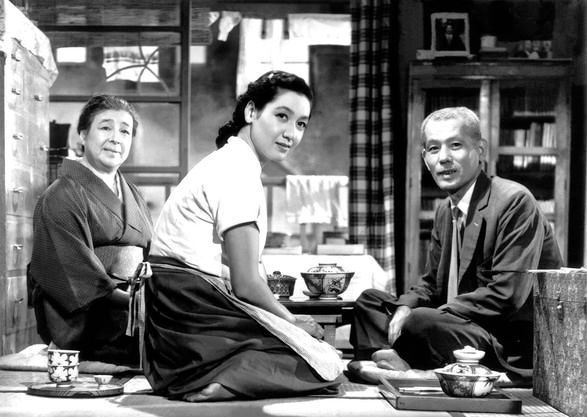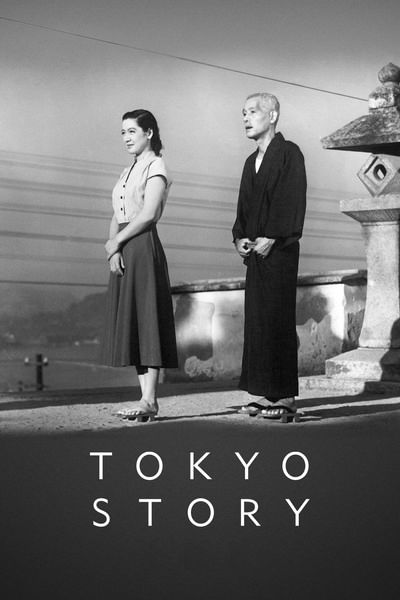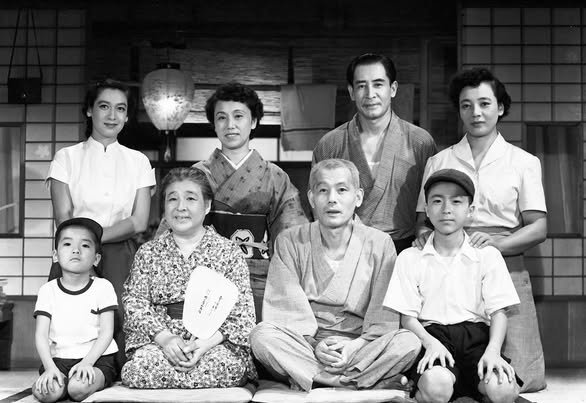Tokyo Story (1953)

“Tokyo Story,” directed by Yasujirō Ozu and released in 1953, is a seminal work in Japanese cinema that has garnered international acclaim for its deep emotional resonance and subtle storytelling. The film explores themes of family, generational conflict, and the passage of time, presenting a poignant reflection on modern life and societal changes in post-war Japan.
The story follows an elderly couple, Shūkichi and Tomi Hirayama, who travel from their rural hometown to Tokyo to visit their children. Their visit, however, reveals the emotional distance and neglect that have developed between them and their adult children, who are preoccupied with their own lives and responsibilities. The couple’s efforts to connect with their children highlight the contrasting values and priorities of different generations.

Ozu’s masterful direction is characterized by its simplicity and restraint. The film’s pacing allows for moments of stillness and reflection, inviting viewers to contemplate the characters’ emotions. The use of static shots and low camera angles creates an intimate atmosphere, emphasizing the everyday realities of life.
The performances by the cast, particularly Chishū Ryū as Shūkichi and Chieko Higashiyama as Tomi, are deeply affecting. Their portrayal of aging and longing for connection resonates universally, evoking empathy and understanding from the audience.

“Tokyo Story” is notable for its understated yet profound storytelling. The film avoids melodrama, instead opting for a realistic depiction of family dynamics. The quiet moments of sadness and acceptance are interspersed with subtle humor, creating a balanced emotional landscape.
The film’s cinematography and use of space contribute to its thematic depth. Ozu’s careful composition and attention to detail enhance the narrative, reflecting the characters’ internal struggles and the societal changes occurring around them.

Upon its release, “Tokyo Story” received critical acclaim but was not a commercial success. Over the years, it has been re-evaluated and is now regarded as one of the greatest films in cinema history, frequently cited for its influence on filmmakers and its exploration of universal themes.
In conclusion, “Tokyo Story” is a poignant meditation on family, aging, and the complexities of human relationships. Ozu’s masterful storytelling and the film’s emotional depth make it a timeless classic that continues to resonate with audiences, offering insights into the human experience and the enduring bonds of family.











